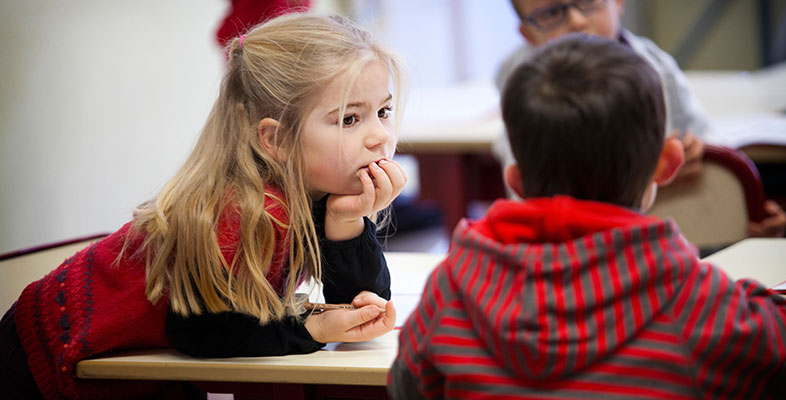1.5 The wider context
Every school has its own, unique character, as Kim Walker says in the audio recording. However, as we have hinted at already, individual primary schools do not exist in a vacuum, and it is important to have some understanding of the wider context when thinking about the nature of a particular school and the way it functions. We have already briefly considered this wider context in terms of the global political situation and (more locally) how a school’s curriculum can be shaped by government policy.
Another contextual factor, with considerable relevance to what you have heard about Fulbridge Academy, is the trend since the mid-1990s in the UK towards what Alan Dyson has labelled ‘full service and extended schools’ (Dyson, 2011, p. 179). Dyson describes how in England this has involved schools offering ‘a menu of out-of-hours activities and childcare for students, support for families, opportunities for adult learning, and community access to school facilities’ (p. 181). He cites examples of similar initiatives over the same period in Scotland, Australia, Canada, the Irish Republic, the Netherlands and South Africa. Catherine Simon describes how this has been part of ‘a wider international movement towards community-orientated schooling, particularly in areas of disadvantage’ (Simon, 2013, p. 20).
Teaching assistants (and adults other than qualified teachers), in addition to their work supporting children’s learning in the classroom, have played a significant role in the provision of these ‘extended services’. For the remainder of this course, we look at the growth of the primary school workforce and the involvement of other adults to support children’s learning and development in primary schools.
